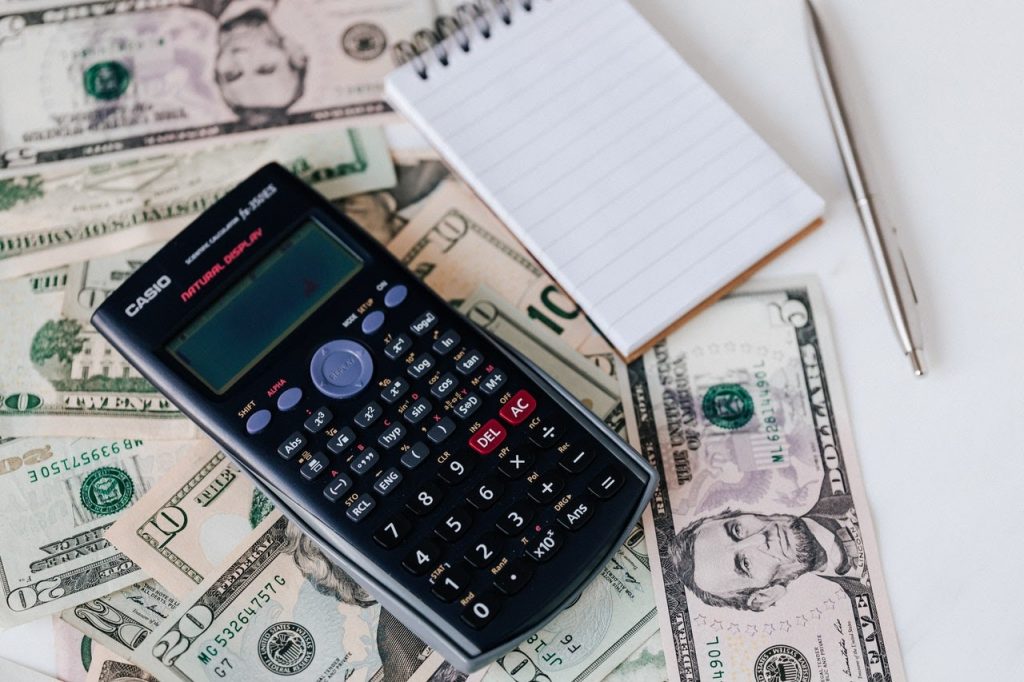
The method of filing tax returns, often income tax returns, often for an individual other than the taxpayer, and usually for reimbursement, is tax planning. With or without the aid of tax preparation software and online resources, tax preparation may be performed by the taxpayer.
Tax preparation can also be carried out by a licensed practitioner, such as a lawyer, a certified public accountant or a registered agent, or an unlicensed tax preparation company.
Since the income tax laws of the United States are perceived to be complex, many taxpayers seek outside tax assistance. The rest of this paper explains the preparation of taxes by someone other than the taxpayer.
Tax preparation near me is a profession that is on the rise and provides the community with a required and welcome service.
How do you become a tax preparer, though? What form of qualifications are required? To make you more efficient, what resources are available? And what on a day-to-day level does a tax preparer do?
What does a tax preparer do?
With general tax forms, most tax preparers plan, register, or help. In addition to these essential services, a tax preparer may also use the IRS to protect the taxpayer. Inspections and tax court issues are included in this. The complexity of what a tax preparer can do, however, is dependent on their qualifications and whether they have rights of access.
In a way, tax preparers, their clients, and the IRS are elected to appear as two masters. They must assist their clients in dealing with state and federal tax laws, thus minimizing the tax burden of the client at the same time.
Although they are employed to represent their customer, they must also carefully recall their IRS duty and do not breach any laws or assist others to file a fraudulent return.
What do you need to become a tax preparer?
A simple procedure requiring a few basic qualifications is to become a tax preparer. They include:
- Skill-how. Learning the ins and outs of business for most new tax preparers requires acquiring an altogether fresh technical language. This know-how, in some instances, comes in the form of qualification. But it is important for success to find a forum that can improve know-how and support you with gaps in knowledge.
- Technology. As in other careers, getting access to appropriate technologies can help you to work effectively and lead to your new company’s overall success. With both know-how and the equipment to accomplish the job itself, most tax professional software helps.
- Clients. This might seem simple, but to thrive and become successful, you need to acquire tax clients. Before moving on to bigger and more complex matters, many preparers start on a small scale, making individual returns.
- Tax Identification Number Preparer. If you wish to be charged for filing tax returns, the first move is to register for and be given a tax identification number for the preparer (PTIN).
Conclusion
A tax preparer is a specialist who, on behalf of individuals and corporations, is eligible to measure, file, and sign income tax returns. During IRS reviews of tax returns, they may also represent the taxpayer.
As well as different certifications and educational levels, there are different types of job titles that these professionals can have; individuals must choose which type of tax professional will better fit their condition.


